Despite receiving only a middle school education, Sankrityayan's life unfolded as a journey marked by intellectual pursuits and prolific writing.
Rahul Sankrityayan was born on April 9, 1893, in Uttar Pradesh's Azamgarh as Kedarnath Pandey. He is not as well-known as he should be, but he was a significant figure in history, philosophy, literature, and political activism. People called him 'Mahapandit' because he was exceptional in almost 30 languages, such as English, French, German, Tibetan, Sanskrit, Pali, Urdu, Persian, Arabic, Tamil, and Russian. However, his impact on Hindi literature is unforgettable.
Despite receiving only a middle school education, Sankrityayan's life unfolded as a journey marked by intellectual pursuits and prolific writing. His contribution to literature includes approximately 140 books, covering diverse genres by the time of his death in 1963. Notably, his monumental two-volume work, "Madhya Asia Ka Itihas" (History of Central Asia), brought him the Sahitya Akademi Award in 1958. His decision to delve into Central Asian history was fuelled by the absence of Hindi literature on the subject, showcasing his commitment to filling knowledge gaps.
Sankrityayan's early life saw him as Ram Udar Das Sadhu, a wandering ascetic delving into Hindu scriptures. His travels took him across the country, fostering an understanding of national politics through newspapers like The Hindu. Later, he embraced Buddhism, becoming a Buddhist monk in Sri Lanka and making significant contributions to the preservation and reconstruction of lost Buddhist manuscripts.
His extensive exploration of Kashmir, Ladakh, Nepal, and Tibet resulted in the discovery of numerous lost palm leaf manuscripts. His dedication to academia prompted him to write erudite commentaries and edit these manuscripts, ensuring their preservation. Additionally, he is recognized as the pioneer of Hindi travelogues, laying the foundation for the genre.
Sankrityayan's commitment extended beyond literature into political activism. He spent three years in jail for anti-British activities and joined the Communist Party during a period of its prohibition. He was invited to teach at Leningrad University and Vidyalankar University in Sri Lanka.
Rahul accepted the teaching job at the Sri Lankan university, where he fell seriously ill with diabetes, high blood pressure and a mild stroke following which he also started losing his memory. He died in Darjeeling in 1963.
The legacy of Rahul Sankrityayan endures through his influential writings, notably "Volga Se Ganga," a collection offering a panoramic view of human societal evolution from 6000 B.C. to 1942. His contributions earned him the Padma Bhushan, and in 1993, the Indian government issued a postage stamp commemorating his birth centenary. Despite these honors, the Indian academic landscape has yet to create a chair in his name or acknowledge his monumental impact comprehensively.
![submenu-img]() Rohit Sharma: The True Epitome of Leadership in the Cricket World
Rohit Sharma: The True Epitome of Leadership in the Cricket World![submenu-img]() Nature's Powerhouse For Even Skin Tone: Blossom Kochhar Aroma Magic Introduces Anti-Pigmentation Glossy Pack
Nature's Powerhouse For Even Skin Tone: Blossom Kochhar Aroma Magic Introduces Anti-Pigmentation Glossy Pack![submenu-img]() Chef Vikas Khanna sends a special video to Rachana Shah and Rhythm Wagholikar
Chef Vikas Khanna sends a special video to Rachana Shah and Rhythm Wagholikar![submenu-img]() Meet world's richest actor, has only one hit, richer than Shah Rukh Khan, Tom Cruise, his net worth is of $1.4 billion
Meet world's richest actor, has only one hit, richer than Shah Rukh Khan, Tom Cruise, his net worth is of $1.4 billion![submenu-img]() Watch: West Indies spinner Zaida James gets hit on face during Women's T20 World Cup 2024 match
Watch: West Indies spinner Zaida James gets hit on face during Women's T20 World Cup 2024 match![submenu-img]() Haryana Assembly Election 2024 Live: हरियाणा में शुरू हुई वोटिंग, 1031 उम्मीदवारों की किस्मत का फैसला
Haryana Assembly Election 2024 Live: हरियाणा में शुरू हुई वोटिंग, 1031 उम्मीदवारों की किस्मत का फैसला![submenu-img]() Weather Update: दिल्ली वालों को अभी उमस से राहत नहीं, यूपी समेत देश के इन हिस्सों में हल्की बौछार, जानिए वेदर अपडे�ट
Weather Update: दिल्ली वालों को अभी उमस से राहत नहीं, यूपी समेत देश के इन हिस्सों में हल्की बौछार, जानिए वेदर अपडे�ट![submenu-img]() Ahmedabad News: बचपन में देखी पिता की हत्या, 22 साल बाद फिल्मी अंदाज में लिया मौत का बदला
Ahmedabad News: बचपन में देखी पिता की हत्या, 22 साल बाद फिल्मी अंदाज में लिया मौत का बदला![submenu-img]() बेटी के जन्म के बाद पहली बार सामने आएंगी Deepika Padukone, इस फिल्म के ट्रेलर लॉन्च पर दिखेगी पहली झलक
बेटी के जन्म के बाद पहली बार सामने आएंगी Deepika Padukone, इस फिल्म के ट्रेलर लॉन्च पर दिखेगी पहली झलक![submenu-img]() Greater Noida News: बिल्डिंग की 27वीं फ��्लेर से फिसली 2 साल की मासूम, 12वें फ्लोर पर अटकी और फिर...
Greater Noida News: बिल्डिंग की 27वीं फ��्लेर से फिसली 2 साल की मासूम, 12वें फ्लोर पर अटकी और फिर...![submenu-img]() This company overtakes Ratan Tata's firm to become India’s…; it is owned by…
This company overtakes Ratan Tata's firm to become India’s…; it is owned by…![submenu-img]() Mahindra Thar ROXX booking to start from..., check waiting period, details
Mahindra Thar ROXX booking to start from..., check waiting period, details![submenu-img]() BMW launches CE 02 electric scooter in India; price starts at Rs…
BMW launches CE 02 electric scooter in India; price starts at Rs…![submenu-img]() Mahindra Thar Roxx 4x4 prices revealed, starts at Rs…
Mahindra Thar Roxx 4x4 prices revealed, starts at Rs…![submenu-img]() Sebi gives nod to Hyundai India's Rs 20,000 crore IPO, listing month is...
Sebi gives nod to Hyundai India's Rs 20,000 crore IPO, listing month is...![submenu-img]() Meet woman who begged in childhood, became doctor after 20 years of struggle, now she is...
Meet woman who begged in childhood, became doctor after 20 years of struggle, now she is...![submenu-img]() Meet man, who left govt job as Assistant Excise Officer, used to get Rs 50000000, now works as...
Meet man, who left govt job as Assistant Excise Officer, used to get Rs 50000000, now works as...![submenu-img]() This engineer lands Google job, gets record-breaking offer, not from IIT, NIT
This engineer lands Google job, gets record-breaking offer, not from IIT, NIT![submenu-img]() Haryana schools to remain closed for two days due to elections; check dates here
Haryana schools to remain closed for two days due to elections; check dates here![submenu-img]() Meet man, who bagged AIR 1 in JEE Advance, studied at IIT Bombay, now pursuing PhD at prestigious college in...
Meet man, who bagged AIR 1 in JEE Advance, studied at IIT Bombay, now pursuing PhD at prestigious college in...![submenu-img]() After Hassan Nasrallah's Death, This Cleric Is Now Tipped To Be Hezbollah Leader | Israel | Lebanon
After Hassan Nasrallah's Death, This Cleric Is Now Tipped To Be Hezbollah Leader | Israel | Lebanon![submenu-img]() Hashem Safieddine, Cousin Of Hassan Nasrallah To Become Hezbollah's New Chief | Israel-Lebanon War
Hashem Safieddine, Cousin Of Hassan Nasrallah To Become Hezbollah's New Chief | Israel-Lebanon War![submenu-img]() Israel Hezbollah War: Nasrallah's Death, A Turning Point for Hezbollah's Future? Experts Explain
Israel Hezbollah War: Nasrallah's Death, A Turning Point for Hezbollah's Future? Experts Explain![submenu-img]() Israel Hezbollah War: Hassan Nasrallah's Death Leads To Protests In J&K, Ex-CM Mehbooba Mufti Reacts
Israel Hezbollah War: Hassan Nasrallah's Death Leads To Protests In J&K, Ex-CM Mehbooba Mufti Reacts![submenu-img]() Israel Hezbollah War: Nasrallah's Death Leads To Protest By Women & Children In Jammu And Kashmir
Israel Hezbollah War: Nasrallah's Death Leads To Protest By Women & Children In Jammu And Kashmir![submenu-img]() Anil Ambani's Reliance Power shares plunge by 5% a day after company announces...
Anil Ambani's Reliance Power shares plunge by 5% a day after company announces...![submenu-img]() Meet richest man of Kanpur with whopping net worth of Rs 14000 crore, he is the mastermind behind...
Meet richest man of Kanpur with whopping net worth of Rs 14000 crore, he is the mastermind behind...![submenu-img]() Who is Gia 'Goyal', related to Zomato CEO Deepinder Goyal, with net worth of Rs 142850150000
Who is Gia 'Goyal', related to Zomato CEO Deepinder Goyal, with net worth of Rs 142850150000![submenu-img]() IndiGo's Rakesh Gangwal makes HUGE investment in US Airline, buys 3600000 shares worth Rs....
IndiGo's Rakesh Gangwal makes HUGE investment in US Airline, buys 3600000 shares worth Rs....![submenu-img]() Meet Ahmedabad's RICHEST man, college drop out who has business worth Rs 17000000000000, not Mukesh Ambani, he is...
Meet Ahmedabad's RICHEST man, college drop out who has business worth Rs 17000000000000, not Mukesh Ambani, he is...![submenu-img]() 10 sultry, sexy photos of Aabha Paul that crashed the internet
10 sultry, sexy photos of Aabha Paul that crashed the internet![submenu-img]() From Shah Rukh Khan in Jawan to Jr NTR in Devara Part One: 7 actors who played father-son in blockbuster films
From Shah Rukh Khan in Jawan to Jr NTR in Devara Part One: 7 actors who played father-son in blockbuster films![submenu-img]() Navratri 2024: 5 Bollywood diva-inspired lehengas, sarees for stunning Garba look
Navratri 2024: 5 Bollywood diva-inspired lehengas, sarees for stunning Garba look![submenu-img]() Need vitamin B12? Add these 7 nutrient-packed foods to your diet
Need vitamin B12? Add these 7 nutrient-packed foods to your diet![submenu-img]() Meet actress who survived honour killing, worked in B-grade films still became star; later left Bollywood to become…
Meet actress who survived honour killing, worked in B-grade films still became star; later left Bollywood to become…![submenu-img]() Launch of the flagship ‘Always Care: Animal Care Centre’ at Manavta Mahotsav on Param Gurudev Namramuni Maharaj Saheb’s
Launch of the flagship ‘Always Care: Animal Care Centre’ at Manavta Mahotsav on Param Gurudev Namramuni Maharaj Saheb’s ![submenu-img]() Chhattisgarh: 28 naxals killed in encounter with police along Dantewada border
Chhattisgarh: 28 naxals killed in encounter with police along Dantewada border![submenu-img]() CBI arrests NIA officer for demanding Rs 2.5 crore bribe, here's what happened
CBI arrests NIA officer for demanding Rs 2.5 crore bribe, here's what happened![submenu-img]() SC rejects petitions seeking review of judgement allowing sub-classification of Scheduled Castes
SC rejects petitions seeking review of judgement allowing sub-classification of Scheduled Castes![submenu-img]() Former cricketer and actor Salil Ankola's mother found dead in Pune flat
Former cricketer and actor Salil Ankola's mother found dead in Pune flat















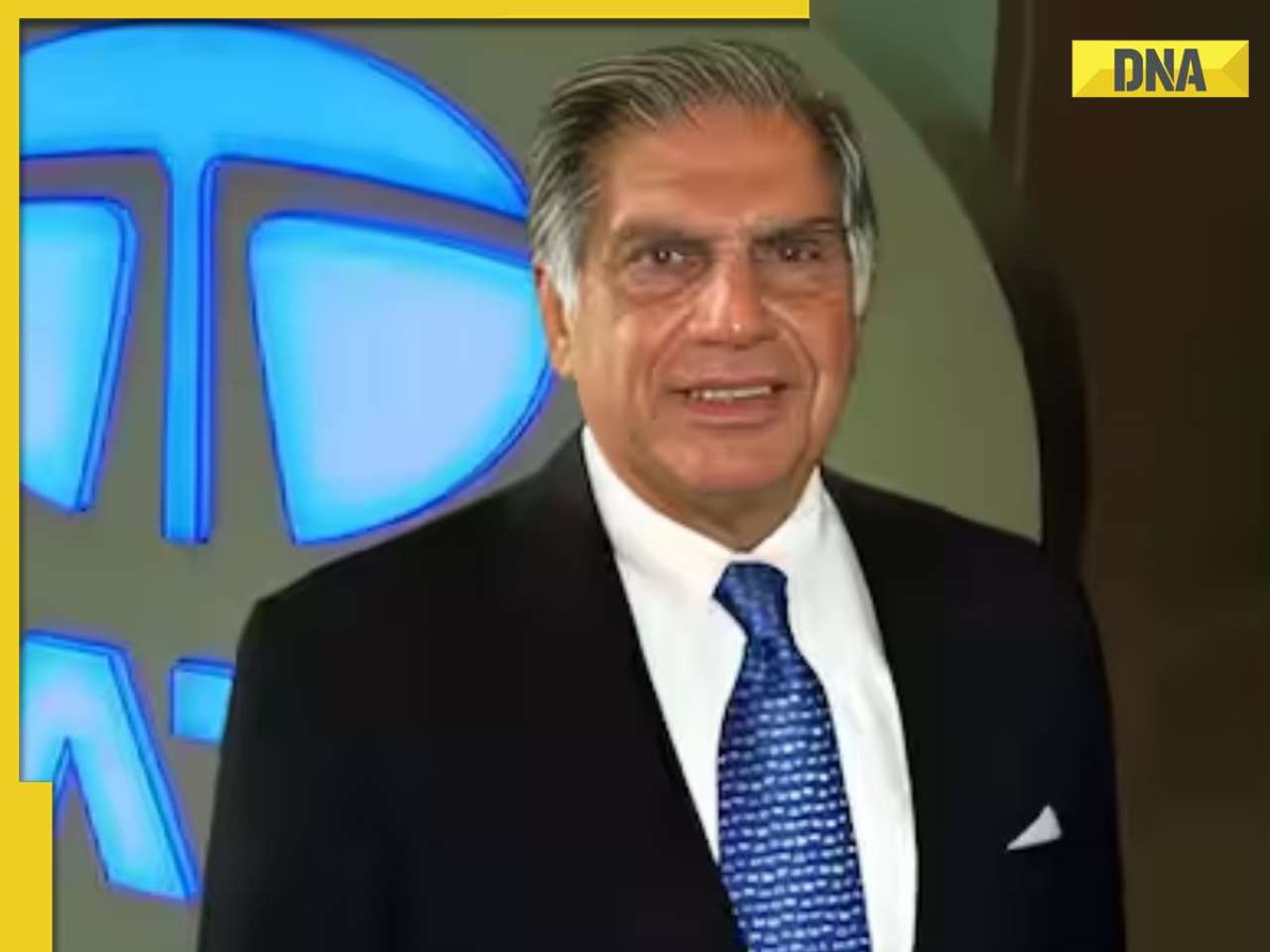




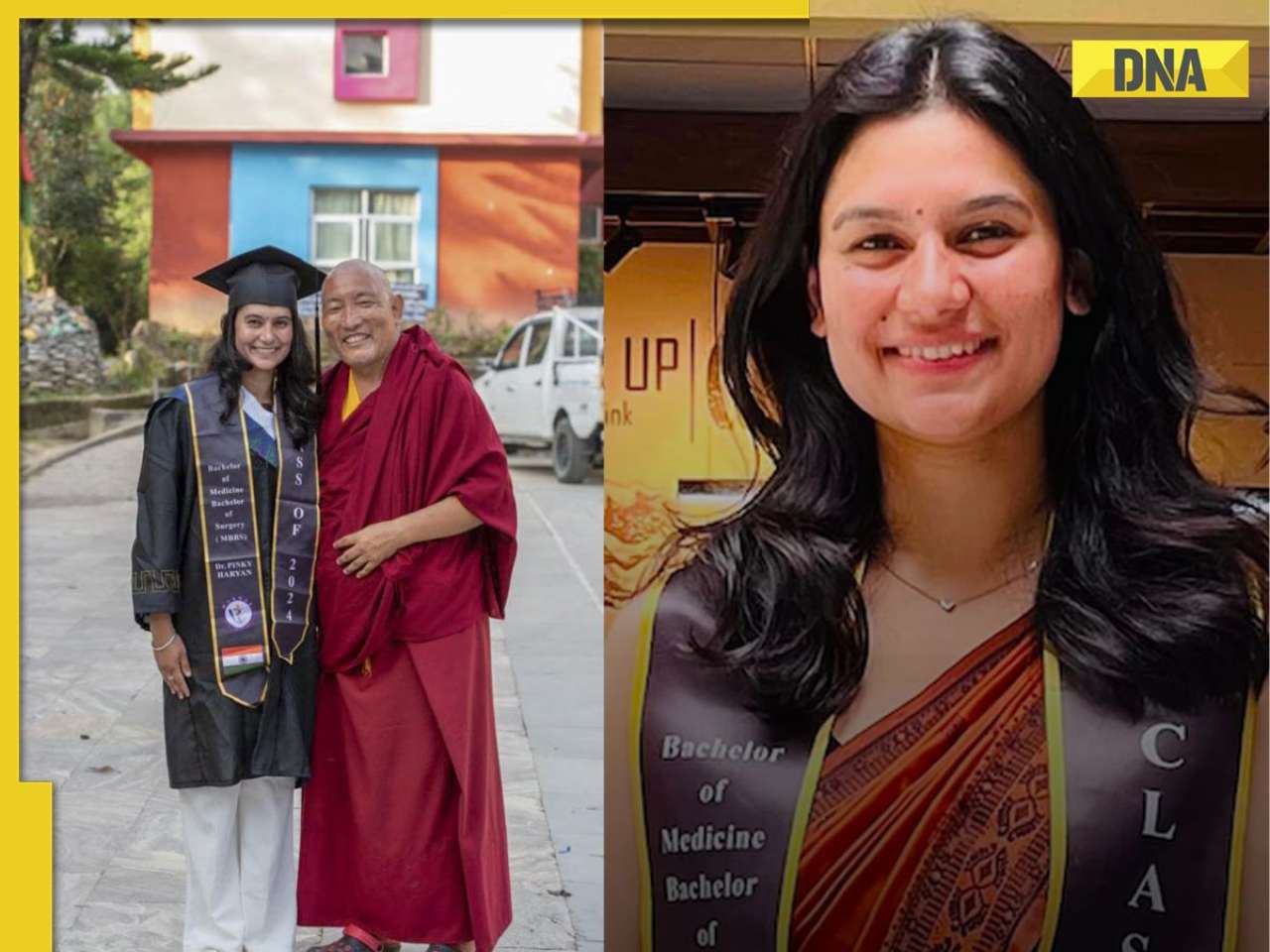



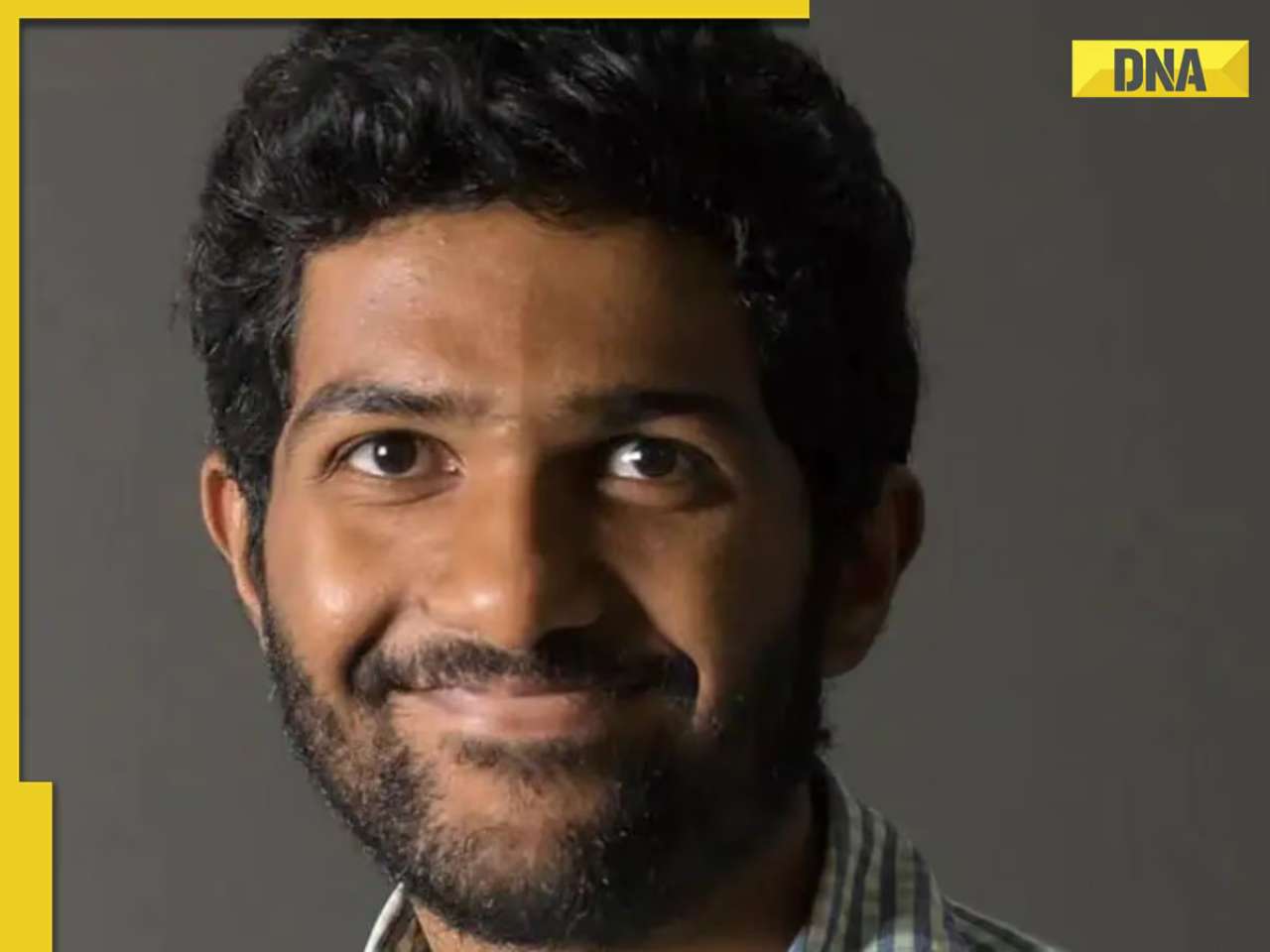


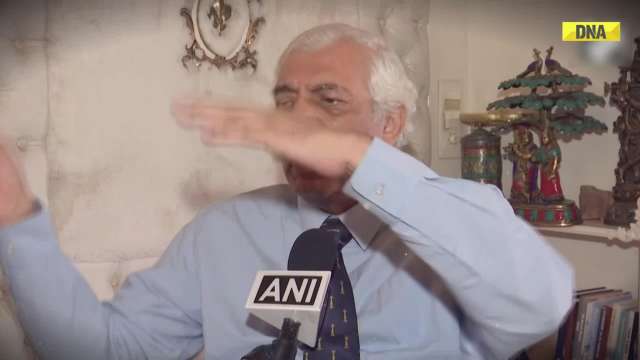



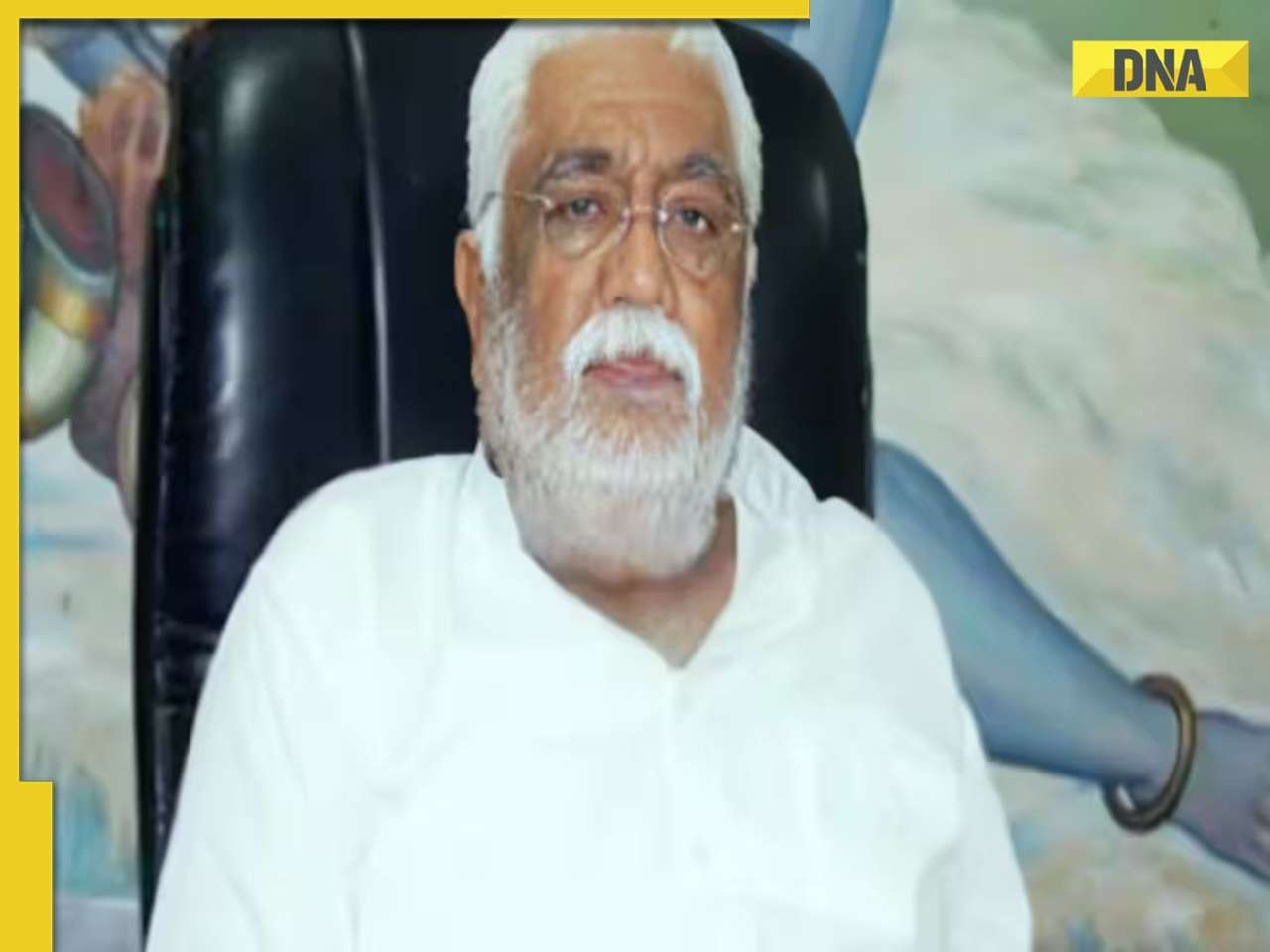

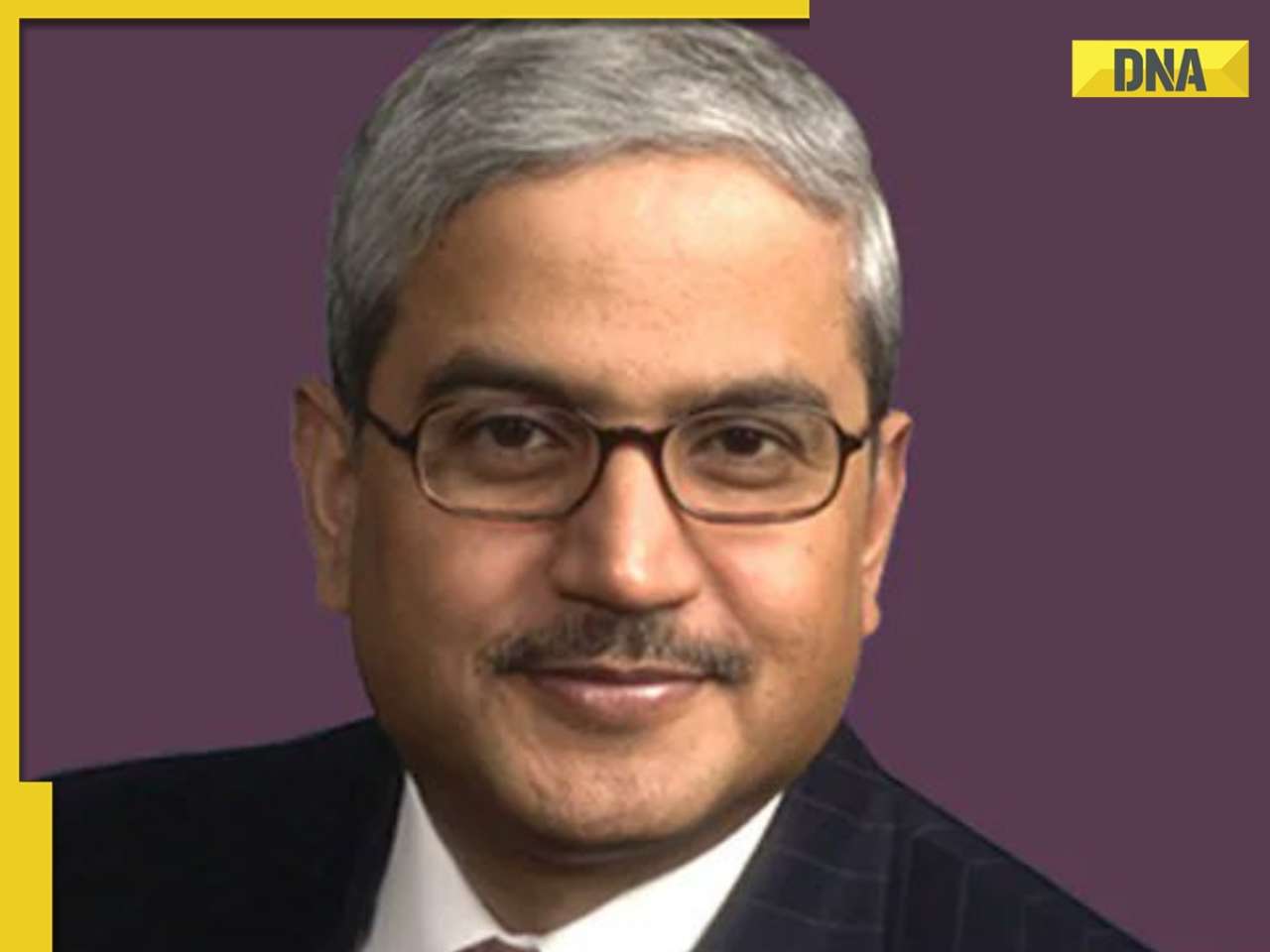
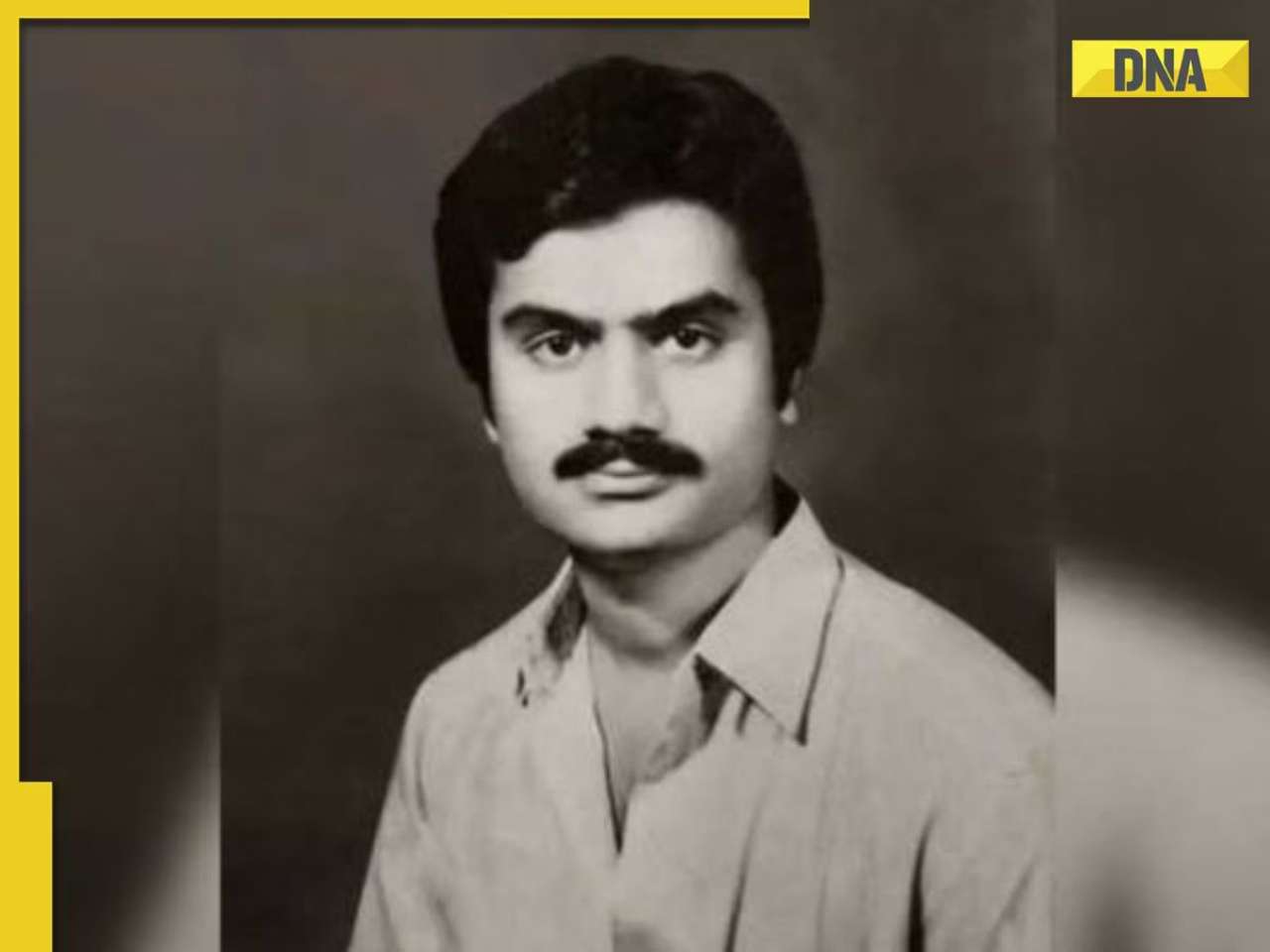





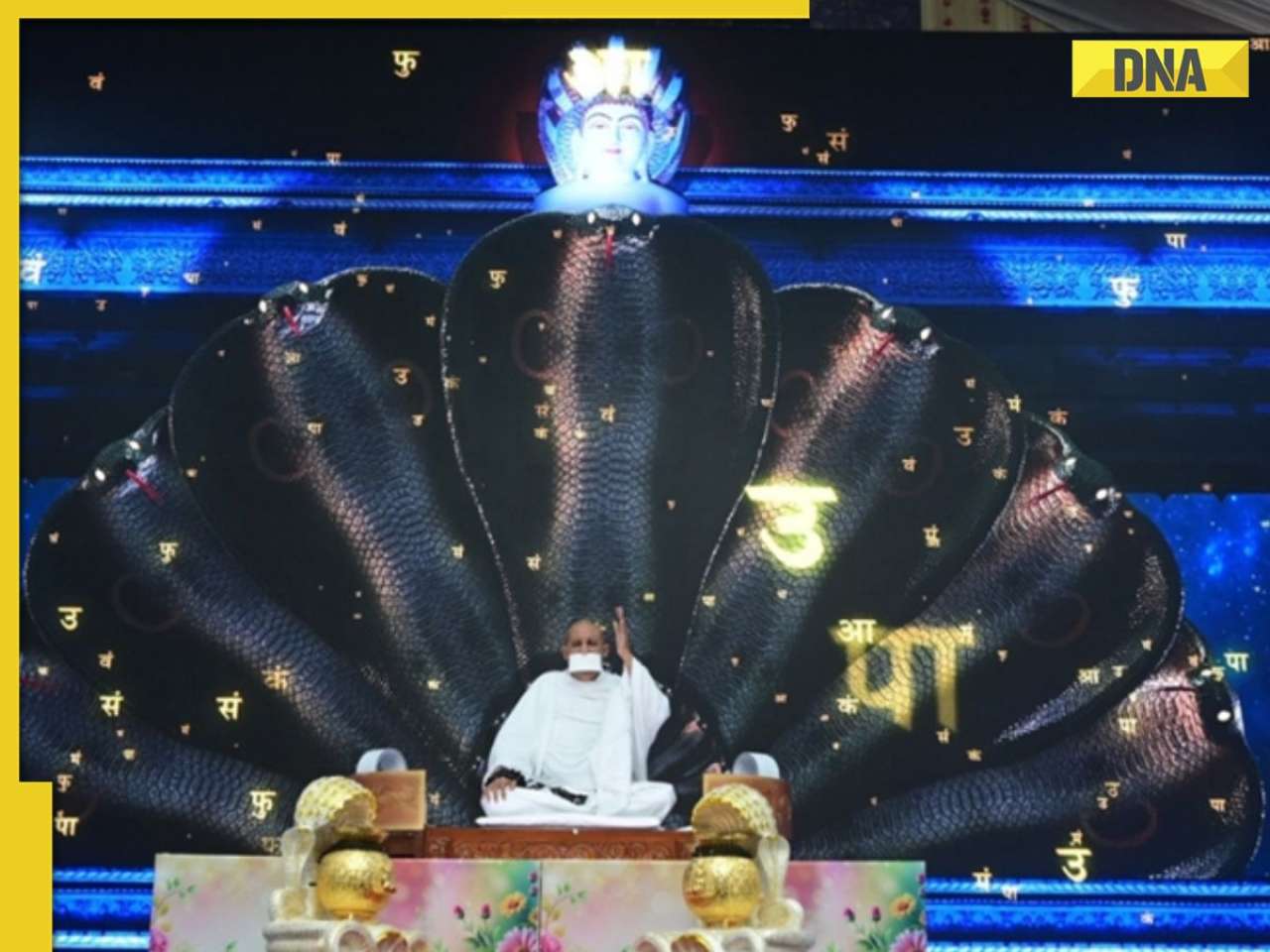


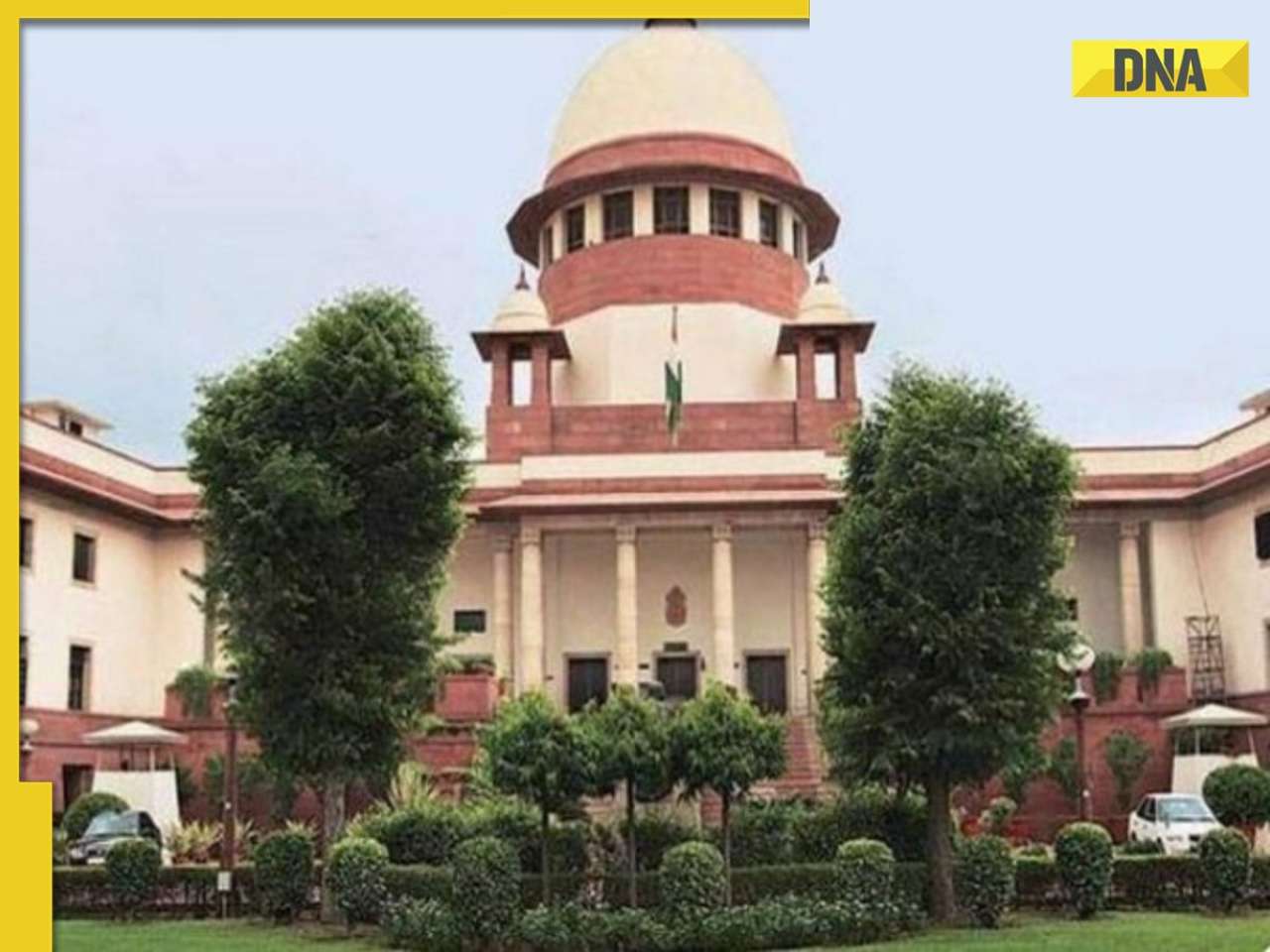


)
)
)
)
)
)
)
)
)
)
)
)
)
)
)





)
)
)
)
)
)